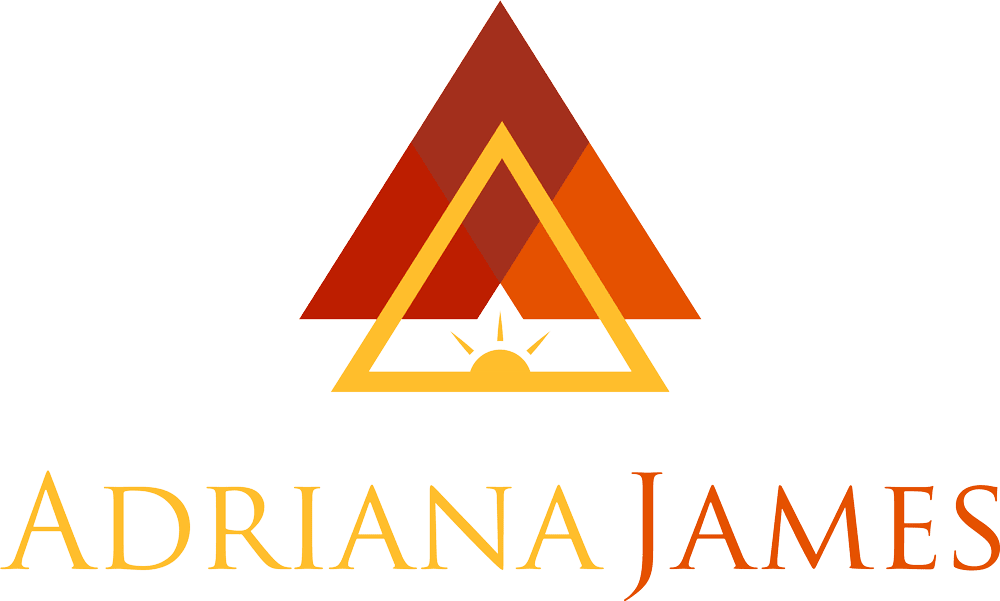This is a question that is buzzing around in my head from time to time. As the In-House Coach for the Tad James Company in Australia, I talk to countless students and graduates each week. It is such a privilege to be a part of so many people’s journey whilst they gather the skills of NLP, Time Line Therapy®, Hypnosis and NLP Coaching and also experience their own personal growth and transformation. The other side of my role is the provision of ongoing professional support for graduates applying their skills with clients, in businesses, in their trainings and in their own lives.
The incredible thing that I am very grateful to be a part of, is the examination of critical thought and the use of language. Now here is where the macro micro skill question pops up. This is the very versatile nature of the skills we have. They are both macro and micro skills.
On the macro side of the question we have a range of processes that can stand alone or be incorporated in a holistic approach to problem solving. The wonderful thing about these processes is, whilst having the characteristics of independence, they also have the ability to support one and other and almost create interdependence in their application in areas such as the Breakthrough taught at the NLP Master Practitioner Level. The macro-skill sets relating to the execution of the processes are developed through the levels of training and along with them, problem identification and analysis skills are enriched. These macro skills sets are the stuff our businesses, trainings and professional development are built on, so what of the micro-skill side of the puzzle?
This is what I really love because this is where I see ongoing change and transformation in our students and graduates as I talk with them and coach them towards training and in the application of their skills. It all starts when you plug in CD number 1 of the Fastrackâ„¢ NLP Practitioner Training Pre-study Audio set, as you listen and re-listen, getting hooked to “Welcome Back”; you are already developing skills and as you do, you are applying them as micro skills in communication, active listening, mindfulness, problem solving, negotiation, conflict resolution, emotional intelligence and the list goes on. Did you think that the value to be had from your trainings would extend to such a range of skills? Well the secret is out now!
I would like to demonstrate this by sharing a conversation I had some time ago with a student preparing for Master Practitioner Training. This student had identified that they had a firm grip on a limiting decision with regards to their ability to learn and retain information. I said “That’s great, you have identified that limiting decision and you have the ability and the skills to get rid of it”, the student’s response was as follows:
“Well I don’t feel ready to do the training… I think I could do the training next year in Sydney or I could do it later this year in Las Vegas… not everybody needs to do the training straight after their prac training, well…… everybody?
Well some people? Well… maybe me?”
I kept listening.
“My evidence procedure for knowing that I have learned the material from prac just hasn’t been satisfied, so I need to see myself use something effectively, make a difference”
Well… make a difference to what specifically is the question?
“My life perhaps, a client’s life perhaps?
“Yes specifically a client’s life and my life”.
So how is that a problem? (I am sure you, the reader were already thinking of this question)
“Well… I don’t have a client and that is a problem! Is it a problem because I don’t need the client the client needs me and you know what, it isn’t about the lack of a client, I am just not using what I learned at Prac – I am really not using those language patterns, but you know what Sue, you can’t unlearn something, so I must be using them.
So maybe if I examine how I spoke before and then now, yes – how I use language (there was a long silence followed by laughing from the student) isn’t it great! NLP is such a quiet thing that it just permeates every bit of us and is constantly building resources in our lives, just because I am not consciously aware of the use of my skills – hey, I want to be the unconscious competent, maybe I will be that today and more so after master prac”
I responded: “Great”;
And then the student said:
“So is what I am doing enough preparation for Master Prac?”
How amazing was that conversation! The micro skills that, to use the student’s words, permeated through her whole life gave her the ability to problem solve her fears and recognise that the skill set was there and being utilised. A couple of months later we had a chat about the Master Practitioner Training and she said to me:
“How funny is it that some people don’t really recognise the skills they have until they try to recognise what they don’t have?”
I remember when I was conflict coaching, I was taught (many years before NLP) a model to use in my coaching sessions with the conflicted person.
I would like to share with you the important revelation I had since it can help so many of you in your day-by-day routine, but this will happen in Part 2 of this article.

